Being healed of emotional trauma takes a process. It can feel impossible and hopeless. It’s not. I know. I suffered for years from unresolved childhood trauma. It wasn’t until I processed the memories and emotions that I emerged free. But I did emerge free. Trust me, successful healing from emotional trauma is possible and there is hope.
There’s one thing that’s critical to successful healing from emotional trauma.
LEFT UNRESOLVED
Unresolved trauma surfaces in various ways but can be simplified into two categories. One is inwardly and the second is outward.
Inward
The trauma attacks our bodies with various illnesses and conditions. Thankfully the scientific and medical communities are catching up to the truth. It’s called somatizing and it’s real.
When I suffered the physical attacks from trauma, I was told it was not real and was all in my head. I was treated as if I was making it up and I should stop bothering the doctors. I wasn’t a hypochondriac or making it up as a fantasy. My body was reacting to the chemicals in my brain (head). It is now documented how this occurs and medication helps but doesn’t cure the problem.
The problem is the unresolved trauma hiding in the recesses of the soul.
Read How Childhood Trauma Is Screwing Up Your Relationships
Outward
Trauma that erupts outwardly effects our attitudes, behaviors and our relationships. These are often masked as moods, personality traits or irreconcilable differences.
However, when a person has a freaking cow over something that doesn’t make sense or doesn’t matter, the cause is unresolved trauma.
You’re not alone
Childhood trauma is a problem in adults around the globe. In America alone, 60% of adults have suffered childhood trauma. Becoming emotionally whole doesn’t come with time.
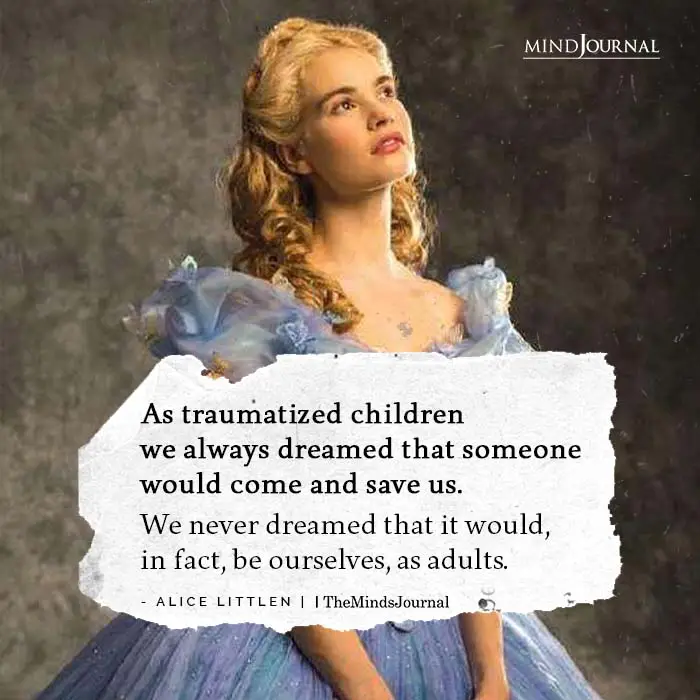
It takes a process to successfully heal.
Read How Childhood Trauma Impacts our Physical, Emotional and Relational Health
TRUSTING THE IDEA OF PROCESS
Everything has a process. Everything. It took me a long time to trust that. For example:
My mom gave me a poster when I was a teenager that said Things take Time. I hated it. I rejected the idea. Process and waiting were things I didn’t understand. My emotions and thoughts had been mangled by trauma and I wasn’t aware of anything but pain.
I wanted relief right now, not a process. My stubbornness and ignorance kept me trapped in the pain.
We’re all unique so no two journeys through any process will be exact even if we take the same steps. Perceptions are our reality even when they’re inaccurate. At the beginning of any process, we’re stuck with where we are at that time.
This is a picture of process.
Do the best you can until you know better. Then when you know better, do better. ― Maya Angelou
Process is motion. It was only through moving forward and trusting a process that I started to get relief from my pain.
My process ended in success due to one thing.

ONE THING IT TAKES TO SUCCEED
The one thing I did that gave me success is I took ownership of my life. I didn’t take ownership of what others did but I took the responsibility of how I was going to move forward.
I let go of blame and fault finding and sought resolution. Focusing on fault and blame draws a picture of us as a victim and traps us in the suffering.
We don’t have to stay there.
The road to power is in taking responsibility – Will Smith
HOW IT WORKS
Taking ownership of your life is daring to believe you can gain the success you’re going after. It’s an act of acknowledging your value. Love says you’re worth the process. Feeling unloved is a common byproduct of childhood and emotional trauma.
That’s why we have to dare to believe.
To make it successfully through a process you’ll need to give yourself grace. Within grace is forgiveness. Shutting up of the voice of shame. No condemnation. Encouragement. Permission to fall down and help to get back up again.
Grace is love in action. Love changes everything.
If we can come to believe that we’re loved. Not just in our head but in our heart see our value. Then we can move on to accept grace. Your trauma matters.
Taking responsibility is an act of emotional self-defense – Will Smith
Taking ownership of your life is daring to believe you can gain the success you’re going after.
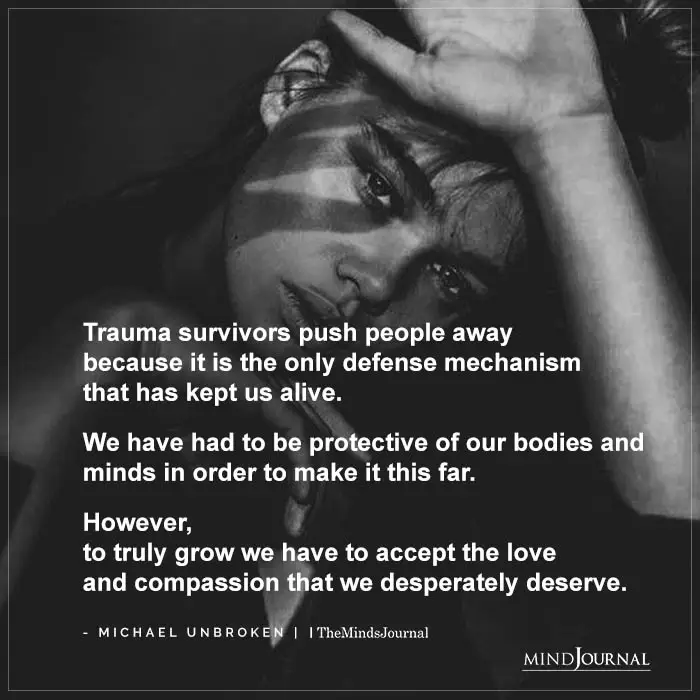
WHAT PROCESS DOES
- Process begins.
- Process finds help.
- Process brings new thinking and creates new habits which build confidence.
- Process provides little victories.
- Process celebrates these victories and develops gratitude.
All of these help us build trust in the process.
The process is a repetitive cycle. In my book Emerging With Wings, I shared my frustration with how long my process was taking. Here’s the puzzle piece I shared that helped me trust the process again.
Read 8 Reasons Why People Deny Childhood Trauma and Its Results
Microsurgery –
I was pondering all the deep work in my soul that was being done, all the counseling etc. and this word came to me. I had to go and see if it was an actual word or actual medical thing – it is and it is amazing.
The Pursuer has been doing this in my heart. But I also learned that before microsurgery is performed there is a necessary preparation. This really spoke to me about my long process. One of the stories I read talked about a severe injury involving broken bones with open flesh that was contaminated by dirt, grass and whatnot. They had to remove the foreign materials, spray wash it with gallons of antibiotic fluid and then need to pack it with some kind of beads saturated with antibiotics just to fight infection.
They repeated this surgical treatment until the wound was infection free. Only then did they begin the permanent reconstruction. Then followed the healing and rehabilitation. It was a long involved and painful process. I could visualize the analogy of this process in me. All that removing and cleaning and packing, repeat – I saw all those years of learning and growing before we moved to Arizona. I thought of the times I had felt overwhelmed by information. It was more than I could process – too much too fast. I felt like a canary getting a drink from a fire hose.
The flushing of the wound in the microsurgery prep made sense of that. It helped address the negative feelings of why this has taken so long. It wasn’t that I had failed to learn, it was preparation for the deeper, more precise work of The Pursuer. The whole process is another major portion of the puzzle.
Trusting in the process we gain faith and employ patience to continue until we get success.
- Have you begun a process? Please share what’s worked for you.
Watch this video by Will Smith on fault vs responsibility:
Written by: Danielle Bernock Originally appeared on: Daniellebernock.com Republished with permission.
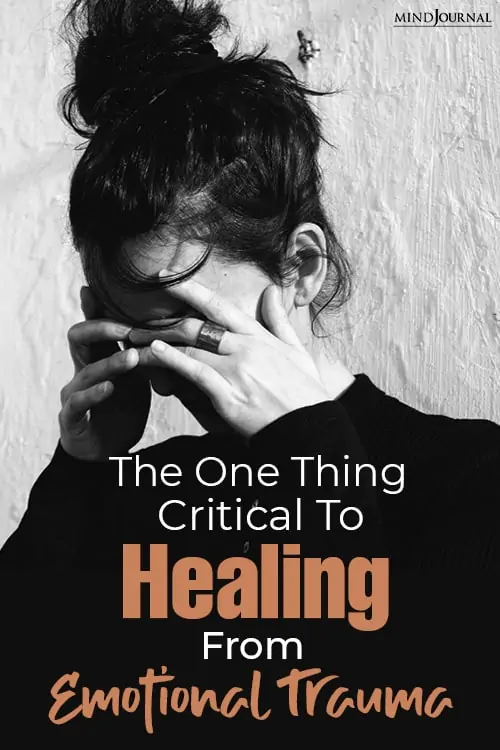
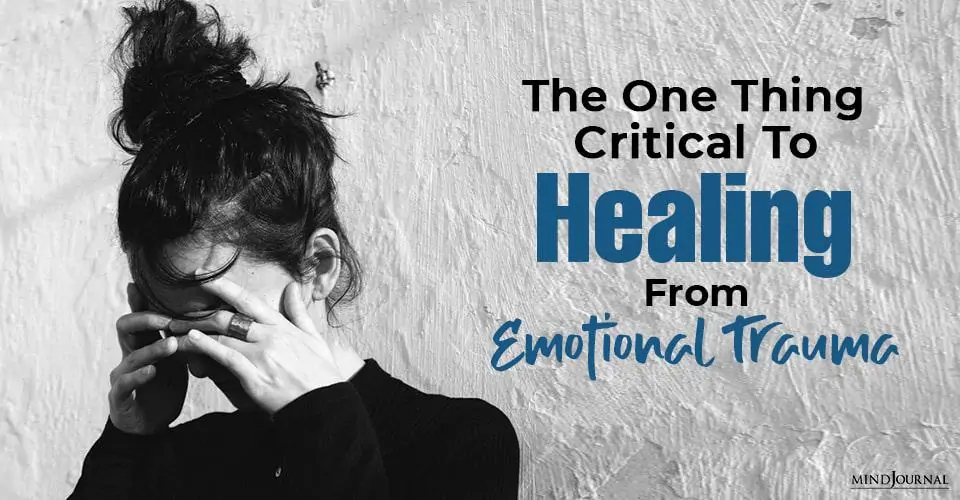





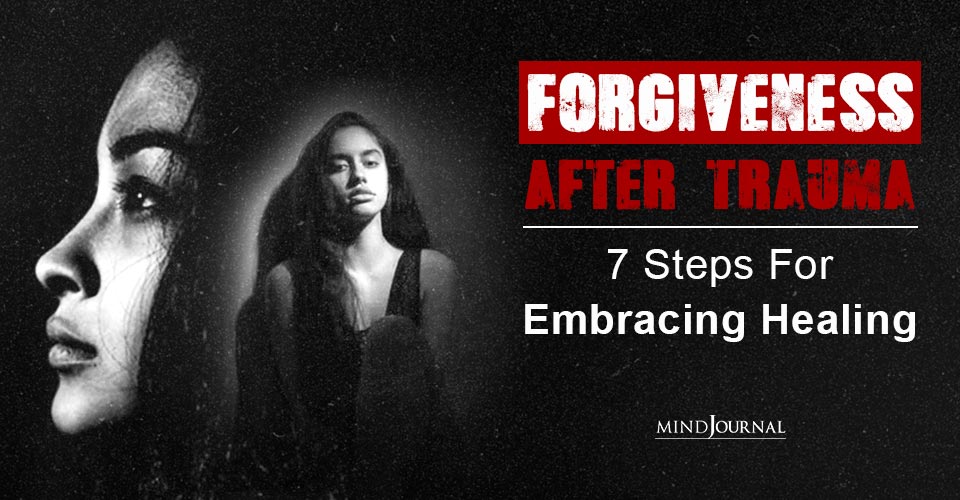

Leave a Reply
You must be logged in to post a comment.